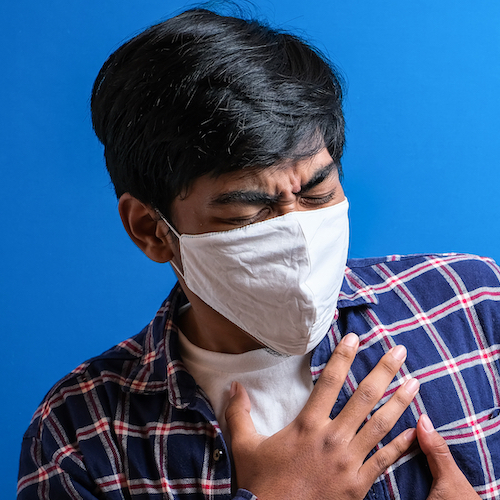Is it okay to exercise if you have cancer? This question may be the least of your worries after getting your diagnosis. And with your treatment plans, medical tests, and visits to your specialist, physical activity may not be one of your top priorities.
But research shows exercise can improve cancer patients’ physical, mental, and emotional well-being before, during, and after treatment. It can help maintain a healthy weight, sleep quality, and improve your mood. Physical activity offers natural relief from the sadness and anxiety that comes with a diagnosis too, and can also help improve your overall quality of life.
Before Treatment
According to the American Cancer Society (ACS), physical activity may help you handle and recover from your treatment better. Research shows that being physically active may reduce surgical complications and improve how patients handle treatment. Exercise may help you manage anxiety and distress, boost energy, and promote better sleep as you start your treatment.
Over the course of your treatment, you may find it harder to stay active. Keeping your body in better shape before your treatment may help you tolerate more physical activity during and after your therapy.
During Treatment
Your ability to exercise during your treatment can be affected by the type and stage of your cancer, your treatment plan, and your fitness levels before and during the treatment. But the goal is to stay as active as you can. As your body permits, low-intensity exercises like short walks should be okay.
After Treatment
Medications used in chemotherapy, radiation, and other cancer treatments help by attacking cancer cells. However, they also attack healthy cells including red blood cells, which can lead to anemia. This is one of the reasons why patients feel weak and fatigued after treatments.
Exercise can help cancer patients manage their fatigue, counterintuitive as it may sound. Research shows that cancer patients who exercise regularly saw a 40% to 50% decrease in their fatigue.
Lack of physical activity after treatment may also cause muscle weakness, decreased range of motion, and loss of body function. Exercise can increase your flexibility and muscle strength. It can also protect your bones and improve your cardiovascular strength.
Yes, it may be challenging to get up and get moving at first but regular exercise provides long-term benefits for your overall health.
Exercise Guidelines for Cancer Patients
The ACS also has a Nutrition and Physical Activity Guideline for Cancer Survivors you can refer to. The organization highlights some of the ways you can incorporate and make exercising work for you even if you have cancer:,
- Strive to reduce inactivity and try to continue doing your normal daily activities as soon as possible after diagnosis and treatment.
- Ask your doctor if you can do light exercises such as walking, jogging, or cycling before progressing to harder or more intense exercises.
- Start slowly. Build up the amount of exercise you do over time.
- Do light exercises several times a week for at least 10 minutes at a time.
- Add resistance exercises at least 2 days a week.
- Include stretching exercises at least 2 days a week.
- Perform exercises or workouts on stable surfaces, and stay away from uneven surfaces that can increase your fall risk.
- Avoid exercising if you feel dizzy or unstable.
- Dress appropriately and apply sunscreen on your skin if you are exercising outdoors. Likewise, see to it that you will be working out somewhere safe and well-lit.
- Stay away from public gyms or crowded areas if you are at risk for infections.
- If you are undergoing treatment, do not push yourself if you are feeling unwell. If you need to rest, feel free to do so.
- Bring your phone if you are working out somewhere else, or better yet, ask someone to accompany you in case an emergency arises.
Consult your doctors
Ultimately, while exercise can help cancer patients in many ways, it’s best to consult your team about what routines suit you best and how intense your physical activity should be.
For more information on how to deal and cope with your diagnosis, you may check out Hope from Within today.
References:
https://www.ncbi.nlm.nih.gov/pmc/articles/PMC2885882/
https://www.ncbi.nlm.nih.gov/pmc/articles/PMC3647480/
https://acsjournals.onlinelibrary.wiley.com/doi/10.3322/caac.21721
https://health.clevelandclinic.org/should-you-exercise-when-you-have-cancer-2/








